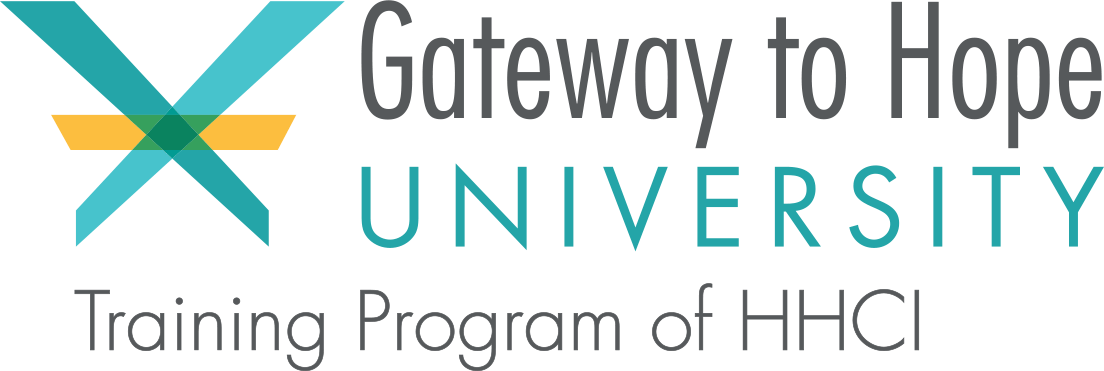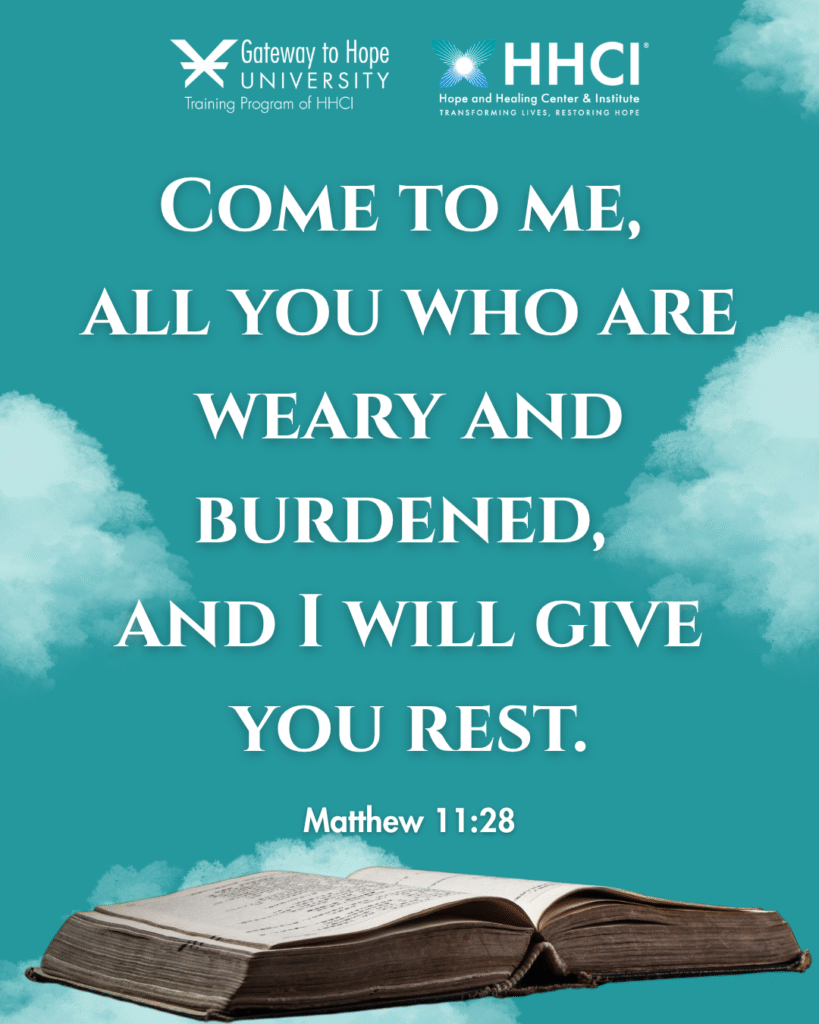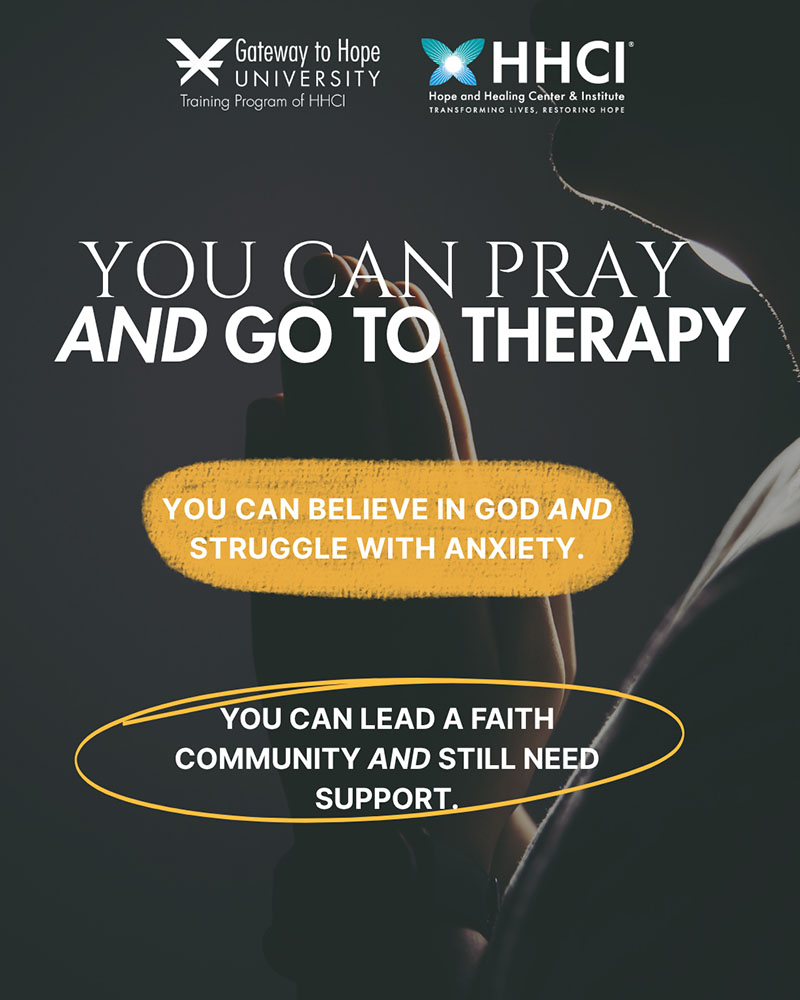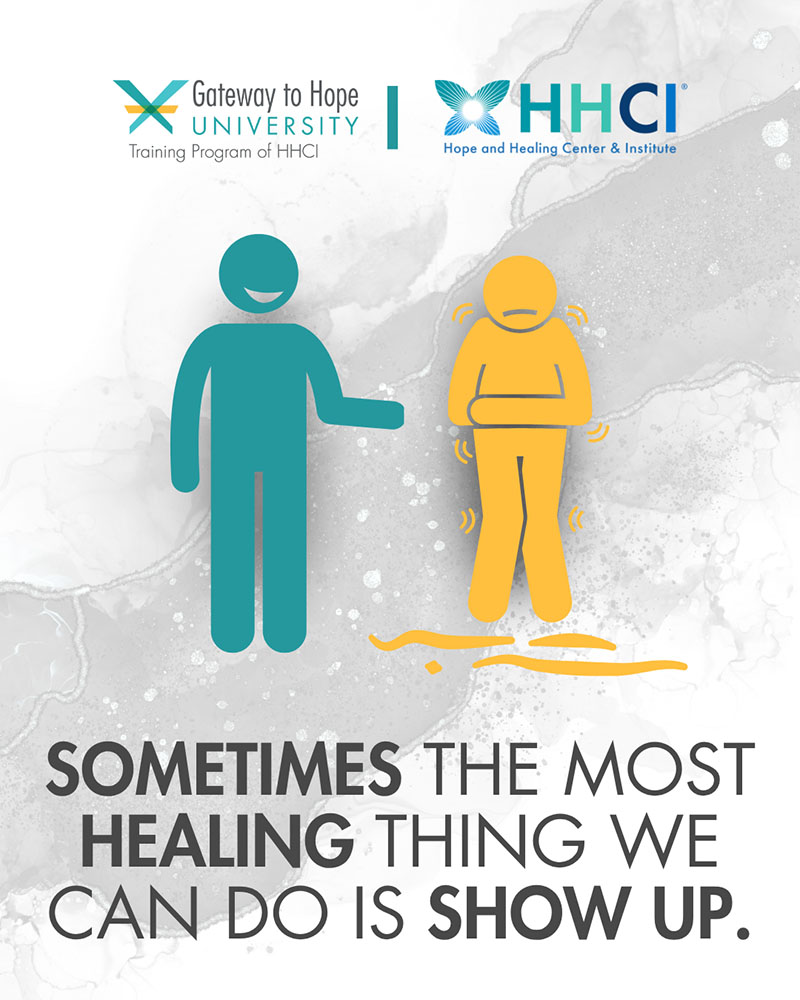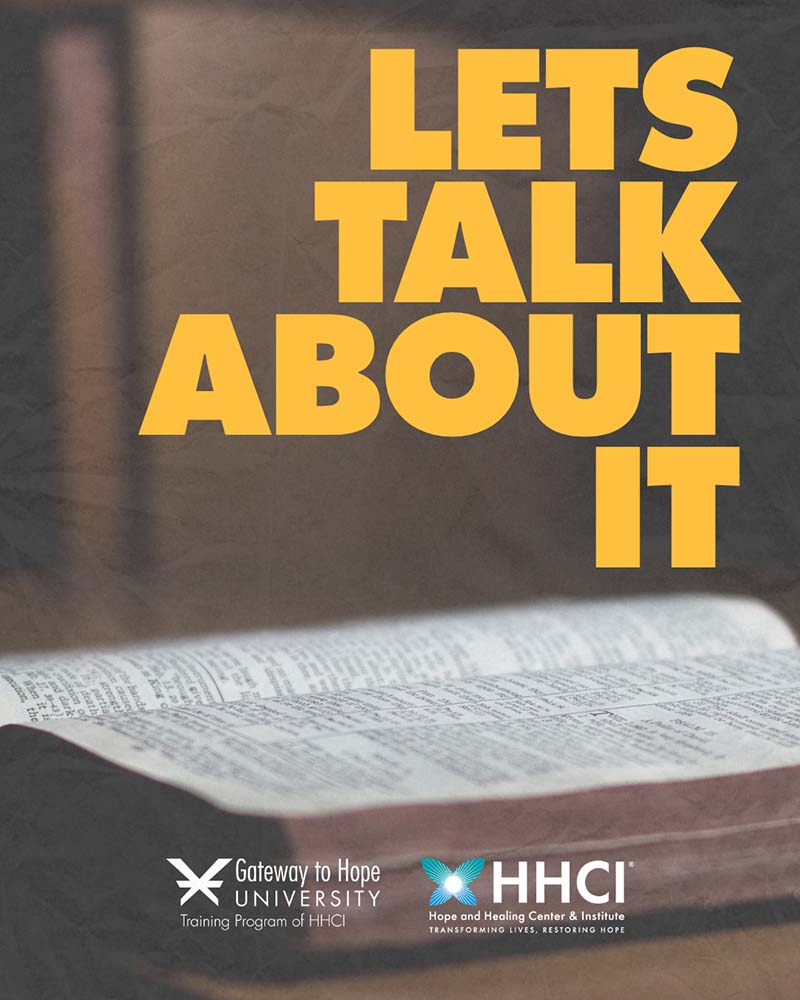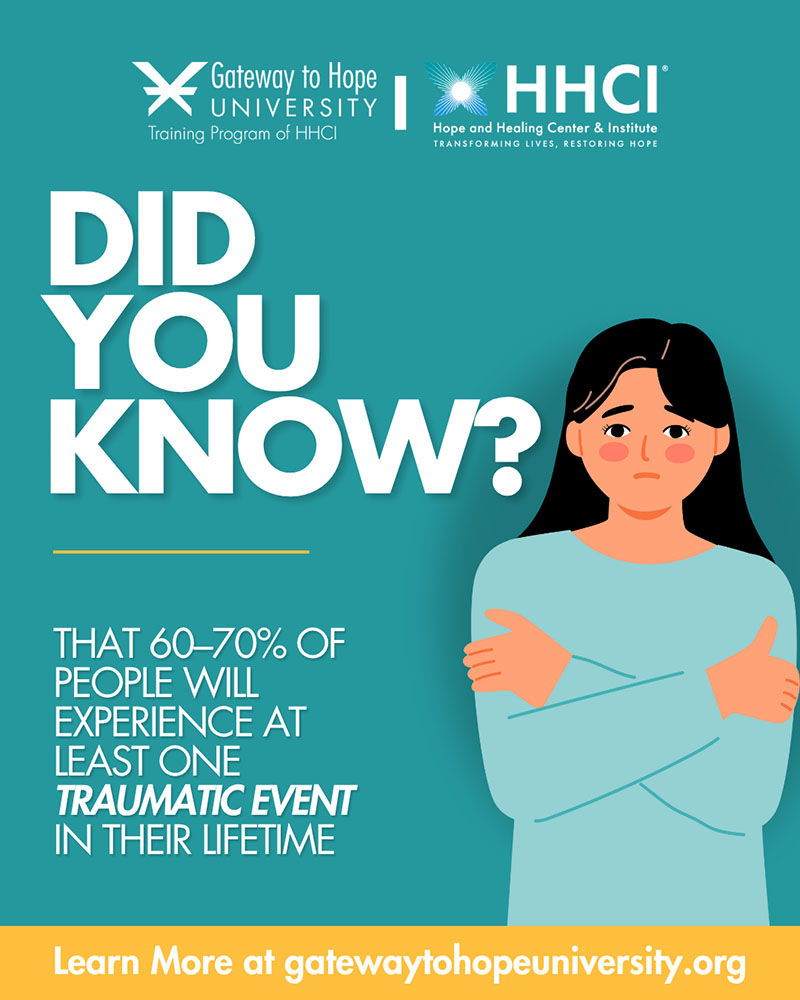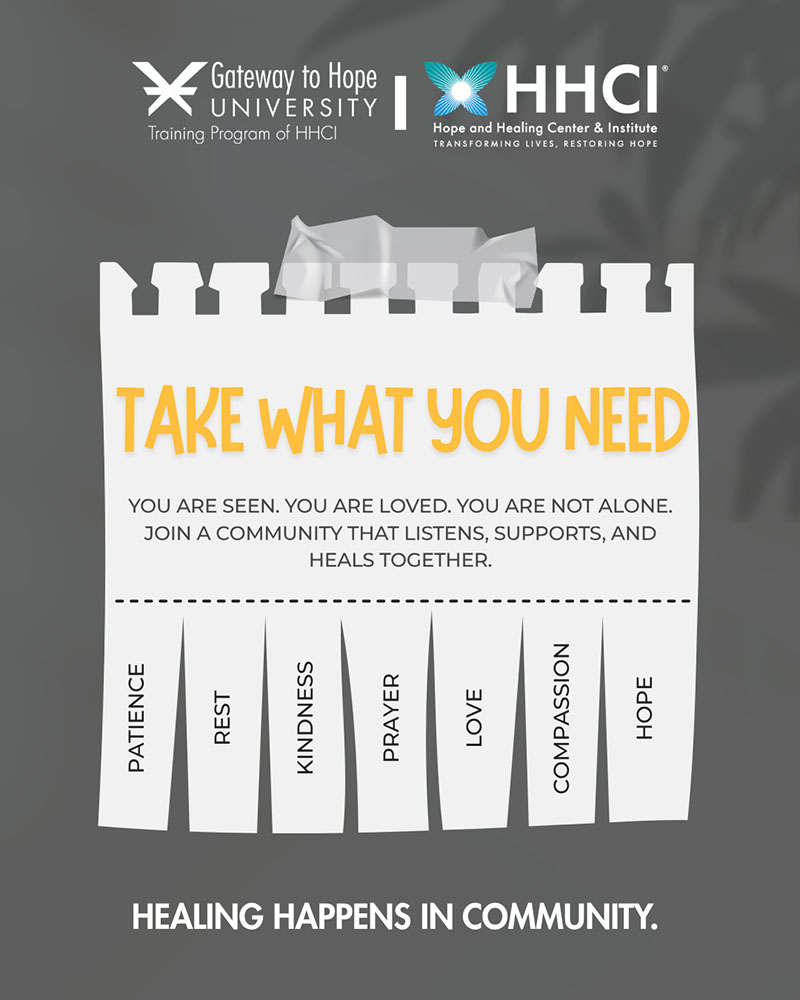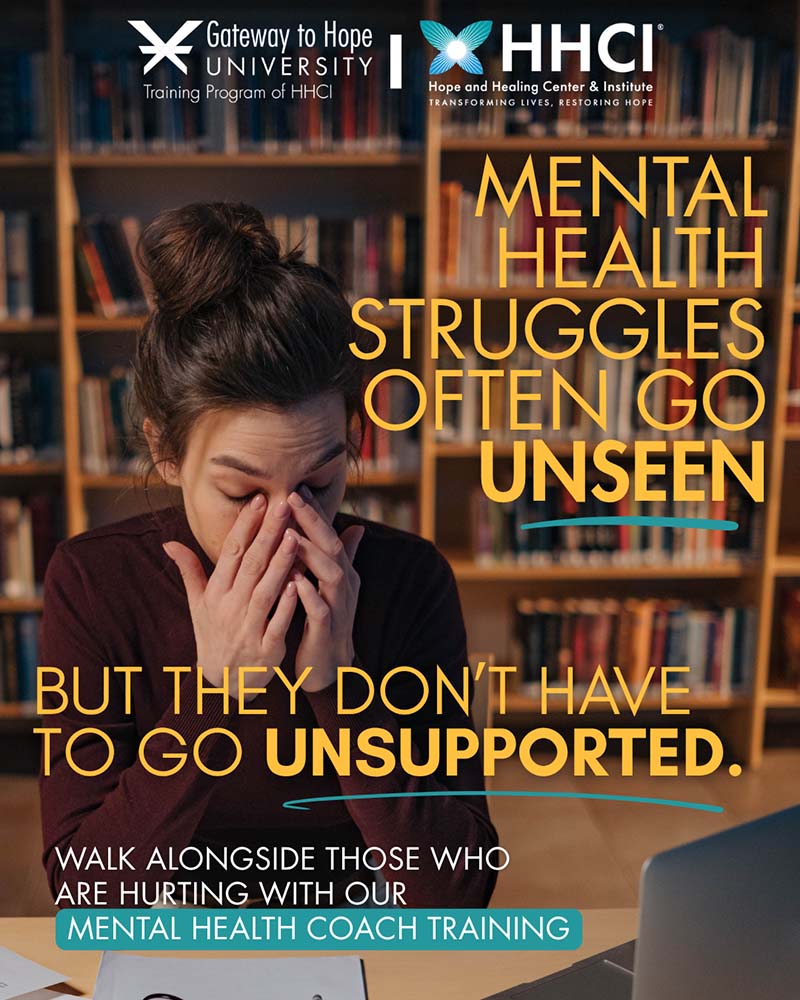GTHU Mental Health Ministry Toolkit
For Ministry Leaders Ready to Make an Impact
You’ve completed our Mental Health Ministry Master Class—now it’s time to take what you’ve learned and put it into action.
This toolkit is designed to help you raise awareness, reduce stigma, and open the door to healing in your church or faith-based organization.
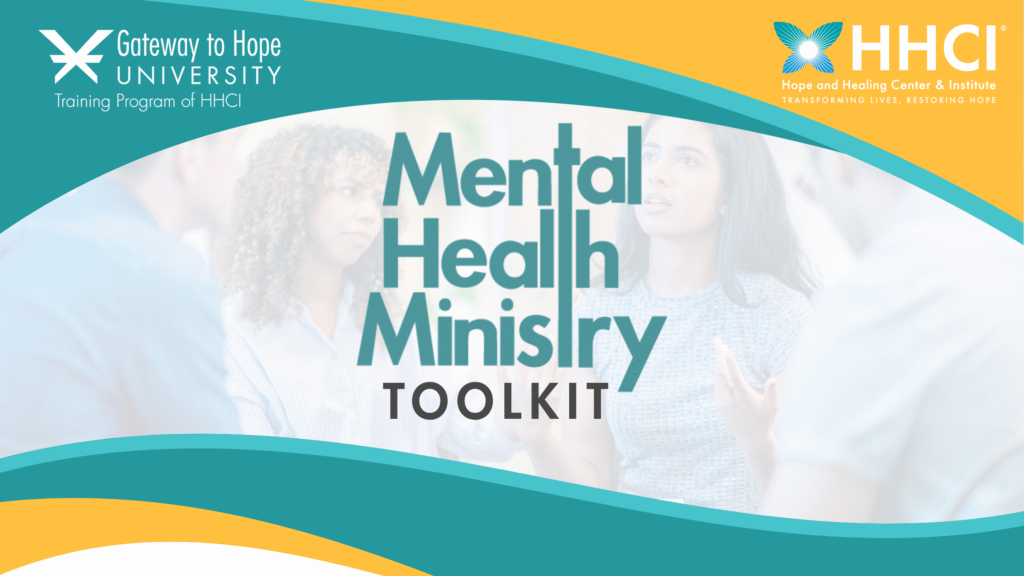
What’s Inside the Toolkit
This all-in-one resource includes ready-to-use tools to help you start conversations and spread the message of mental health and hope within your community:
Church Newsletter Boilerplate – A prewritten section you can copy and paste into your church newsletter to share the vision of your new ministry.
Church Bulletin Insert (Printable) – A simple handout to include in weekly bulletins that invites people to reach out or get involved.
Email Template – Use this email to introduce your new ministry to your congregation and invite others to seek support or become trained as a Mental Health Coach.
Social Media Posts & Captions – Pre-written messages you can use across Facebook, Instagram, or your church’s digital platforms.
How to Use This Toolkit
You don’t have to reinvent the wheel—just customize, share, and lead with love.
Here’s how:
Copy & Paste – Use the newsletter blurbs, captions, and email templates as-is, or tailor them to fit your community’s voice.
Print & Share – Include the bulletin insert in your weekly services or place it in gathering spaces.
Post & Schedule – Plan out social media or newsletter content using your church’s communications calendar.
Invite & Equip – Use the post-course email to let your congregation know you’re here—and they’re not alone.
Don’t forget to tag us if you’re sharing online!
@GatewayToHopeUniversity on Facebook & Instagram
Why This Matters
By using your voice—and your platform—you are:
✅ Creating safe spaces for healing and honest conversation
✅ Helping reduce stigma around mental health in the church
✅ Inspiring others to serve and care with courage and compassion
Together, we can build faith communities that are equipped to respond with hope.
Let’s be the church people run to—not away from—when mental health challenges arise.
Example Social Media Posts
Post 1: Faith Community as a Healing Place
“Come to me, all you who are weary and burdened, and I will give you rest.” – Matthew 11:28
Your faith community can be more than a place of worship—it can be a place of healing… (Full caption included in toolkit).
Post 2: Faith + Mental Health: No Longer Either/Or
You can pray and go to therapy.
You can believe in God and struggle with anxiety.
You can lead a church and need support.
At GTHU, we teach faith community leaders and caregivers how to respond with compassion and understanding—not judgment.
The faith community should be the first place people run to, not the last.
Post 3: The Power of Being Present
Sometimes the most healing thing we can do is show up.
Being a safe person in someone’s life doesn’t require a license—just empathy, good training, and a willingness to listen.
Our programs at GTHU help everyday people become a light in their community by learning how to walk with others through mental health challenges.
You don’t have to fix everything. Just don’t look away.
Post 4: Let’s End the Silence
Faith communities have long been places of refuge—so why not for mental health?
Stigma thrives in silence, but healing begins with honest conversations.
GTHU empowers faith communities to recognize signs of distress, respond with care, and create a culture of compassion.
Mental health ministry is real ministry.
Let’s talk about it.
Post 5: You Are Not Alone
Did you know that 60–70% of people will experience at least one traumatic event in their lifetime—and many carry that pain into their faith communities?
Your faith community can be a sanctuary of hope—a place where stories are heard, burdens shared, and healing begins.
GTHU trains faith communities to recognize trauma, respond compassionately, and walk alongside those in distress.
It doesn’t take a counselor to offer care—just a willing heart, open ears, and a safe space.
Healing happens in community.
Post 6: Train to Respond with Wisdom and Care
Mental health struggles often go unseen—but they don’t have to go unsupported.
GTHU’s Mental Health Coach Training equips faith community leaders and community members to:
Learn how to:
- Recognize symptoms of mental health distress
- Develop safe and effective situational responses
- Build a referral network to connect people to professional care when needed
You don’t need to have all the answers—just the right tools and a heart to help.
Start your journey at: learn.gthu.org/courses/mental-health-coach
Post 7: Support Groups Make Healing Possible
Your faith community can be a place where people feel safe to share, listen, and grow.
By offering mental health support groups—either in person or online—you help break the silence and build lasting connection.
Partner with GTHU to access trusted resources, group guides, and tools that make leading these spaces simple and meaningful.
Go one step further:
Create a private online group for your members to continue the conversation and encourage each other—they’re never alone.
Take what you need. Give what you can. Heal together.
Need Help?
If you have questions, need a custom post for your specific faith community context, or want to share how your faith community is putting this toolkit into action, reach out anytime.
